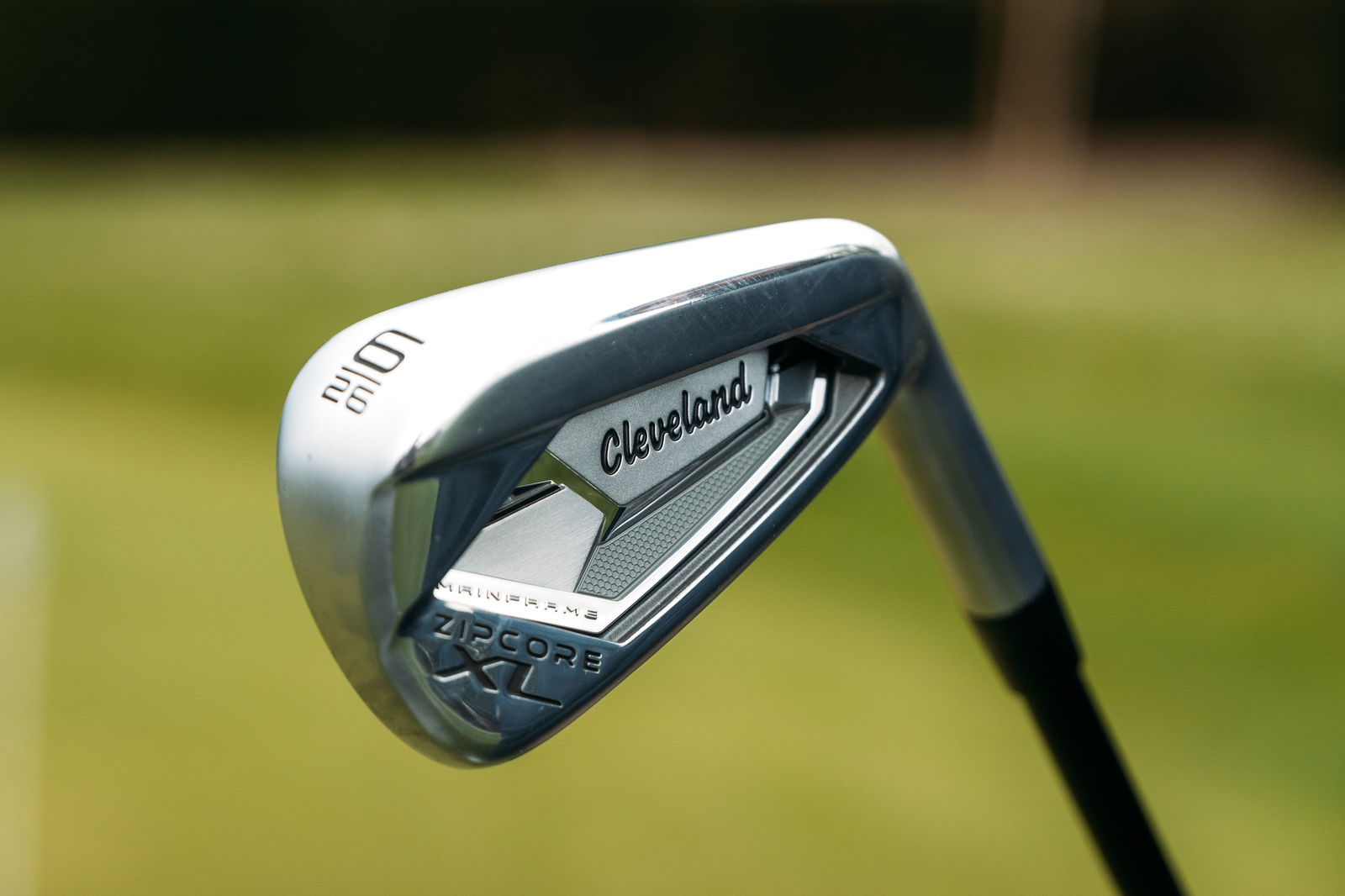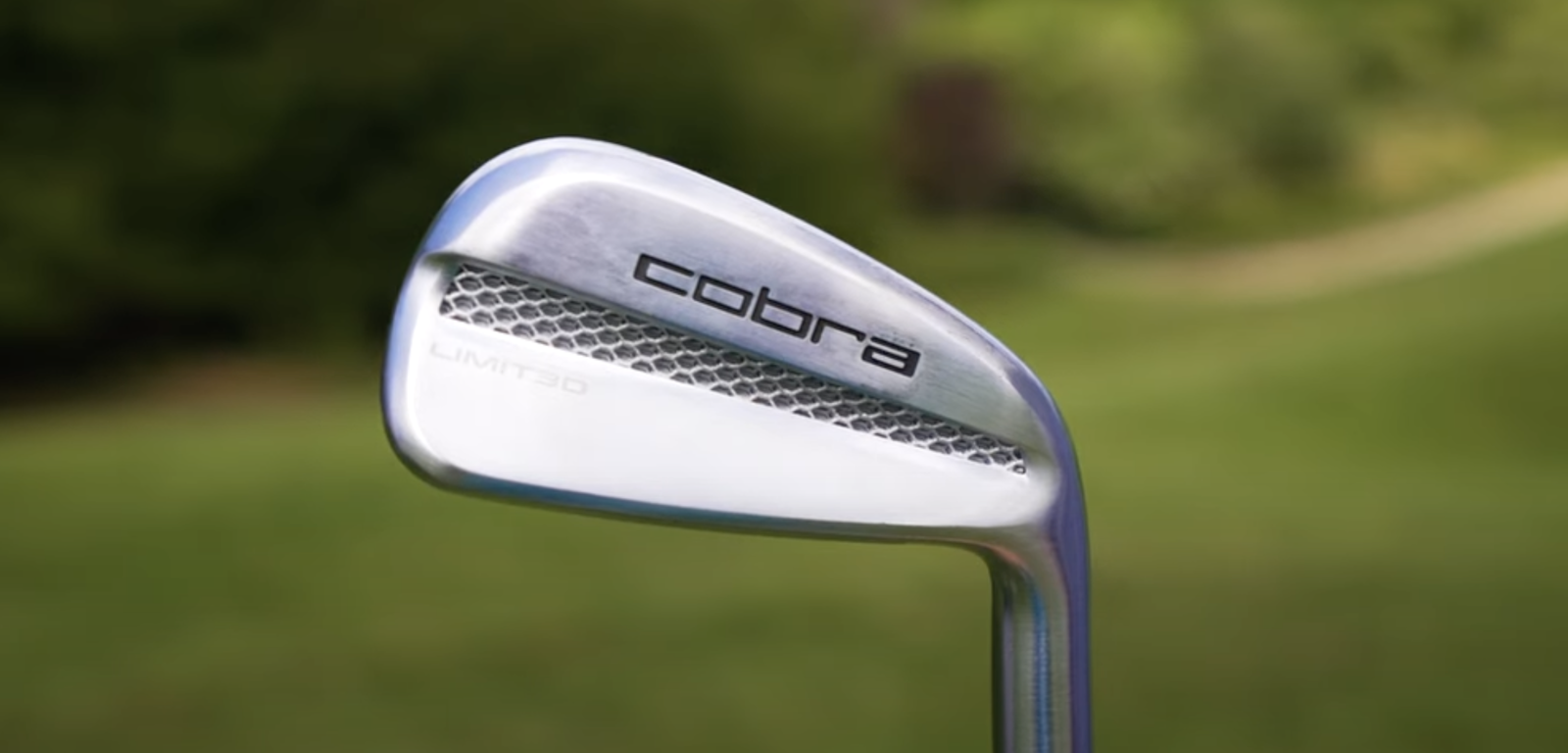Wilson Dynapower Forged Irons Review
GolfMagic tests out the new Wilson Dynapower forged Irons.
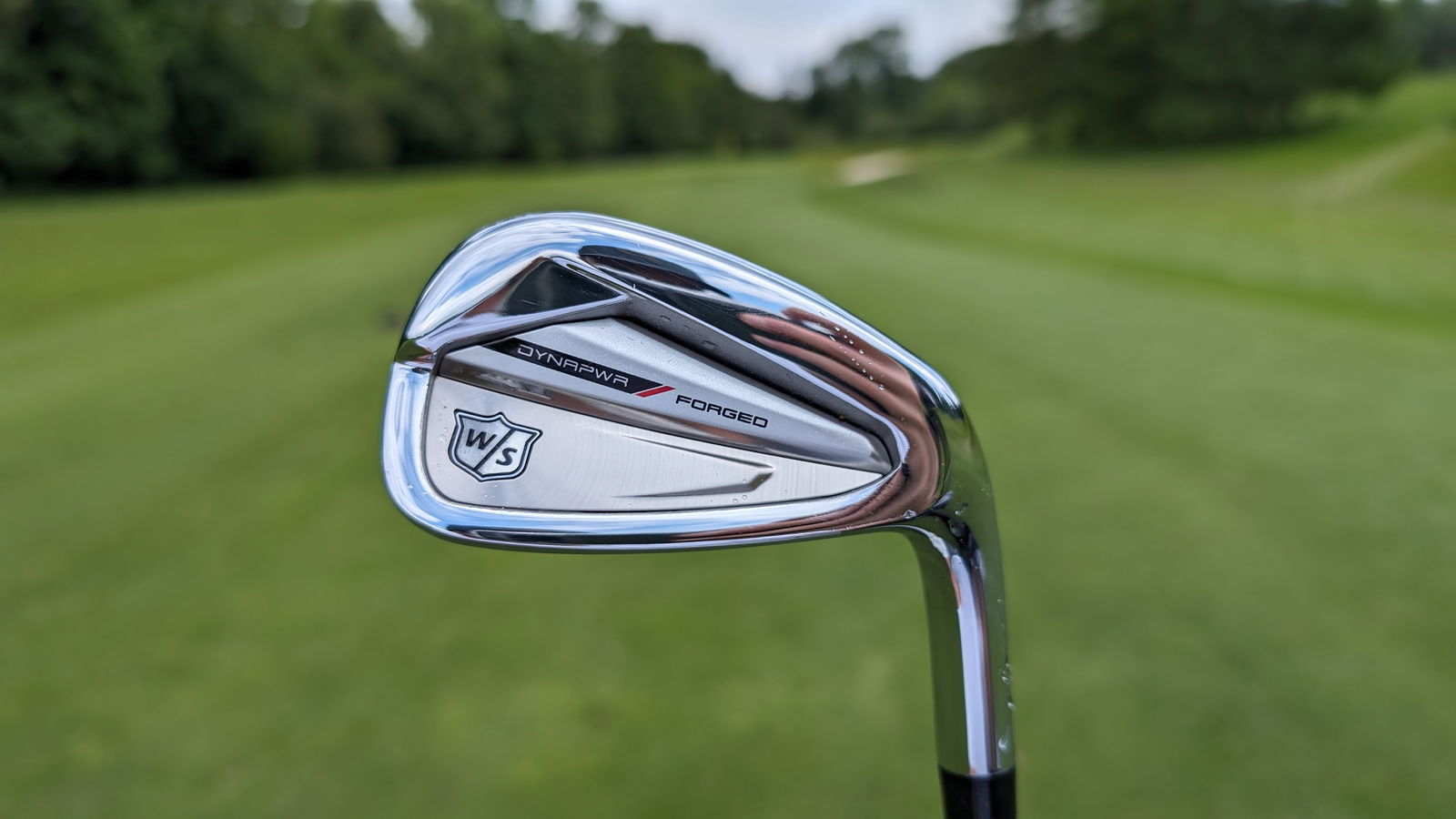
Wilson Dynapower forged Irons Key Features:
- Variable face thickness: optimised for increased ball speeds across the face and improved forgiveness
- Power hole design: featured from 4-7 irons to improve face flexion
- Low CG and high MOI: the centre of gravity has been pushed lower, and weight has been moved towards the toe for greater forgiveness and high launch
Wilson now offers one of the most complete iron offerings on the market, and the introduction in 2024 of the Dynapower forged players' distance irons further strengthens the brand's position as one of the sport's heavy hitters.
Wilson boasts the title of the brand with the most major wins; however, over the last ten years or so, its brand profile has somewhat declined.
Despite that, what we've seen from the American sporting powerhouse in the last two or three years is a rejuvenation that has now landed it with the title in our eyes, at least, as the most underrated iron brand on the market.
We've already tested the very impressive staff model blades and staff model CBs, and now is the turn of the brand's new player's distance irons, the Dynapower forged.
To see how these shiny new irons performed, we took them down to Mannings Heath Golf and Wine Estate with our Foresight GC3 to dig a little deeper into the performance they offer.
Let's get into it.
Player Level
Fitting nicely into the player's distance category, these irons are best suited to players with a handicap ranging from 8-15.
They offer bags of distance and a good amount of forgiveness while still offering suitable feedback and a refined profile, which will suit the eye of the experienced golfer who likes to see a bit more than a butter knife sat behind the ball.
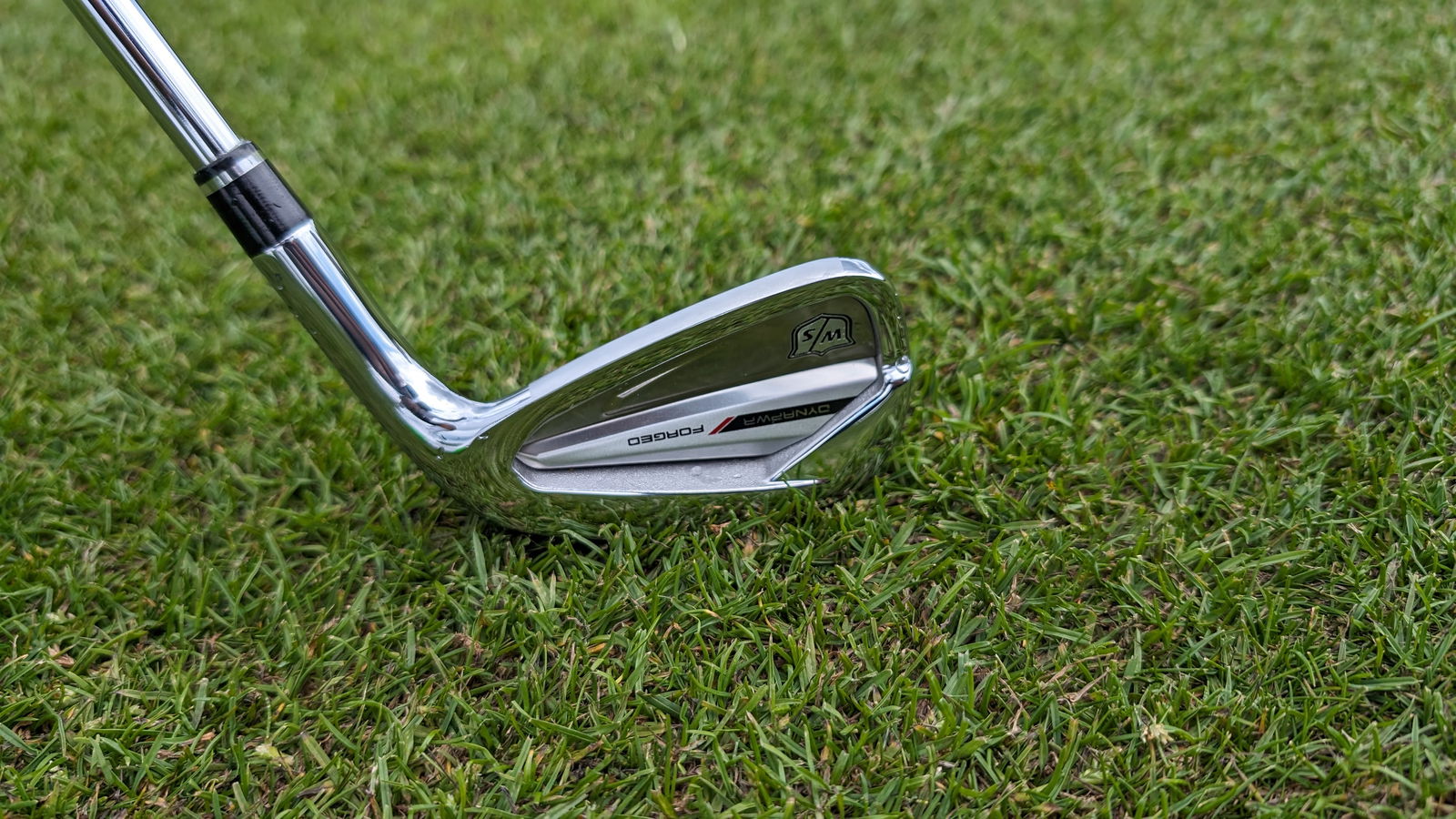
Wilson Dynapower Forged Looks and Feel:
Peeling off the plastic on these irons for the first time, we were initially struck by just how shiny they were.
The entire head has a chrome finish with only a small section of satin used in the cavity at the back.
We prefer a slightly less shiny finish on our irons, but that's purely personal preference.
From the top down, the irons have a moderate profile, typical for the category, and offset is also fairly minimal, which will suit the eye of the experienced golfer.
The irons are quite compact from heel to toe in terms of head size, but they also benefit from a high toe, which provides a suitably large hitting surface.
The overall design of the clubs is neat and tidy, with both the Wilson and Dynapower branding kept relatively discreet, elevating the visual appeal.
One key design decision that we do not like is the power holes on the soles of the 4 through 7 irons.
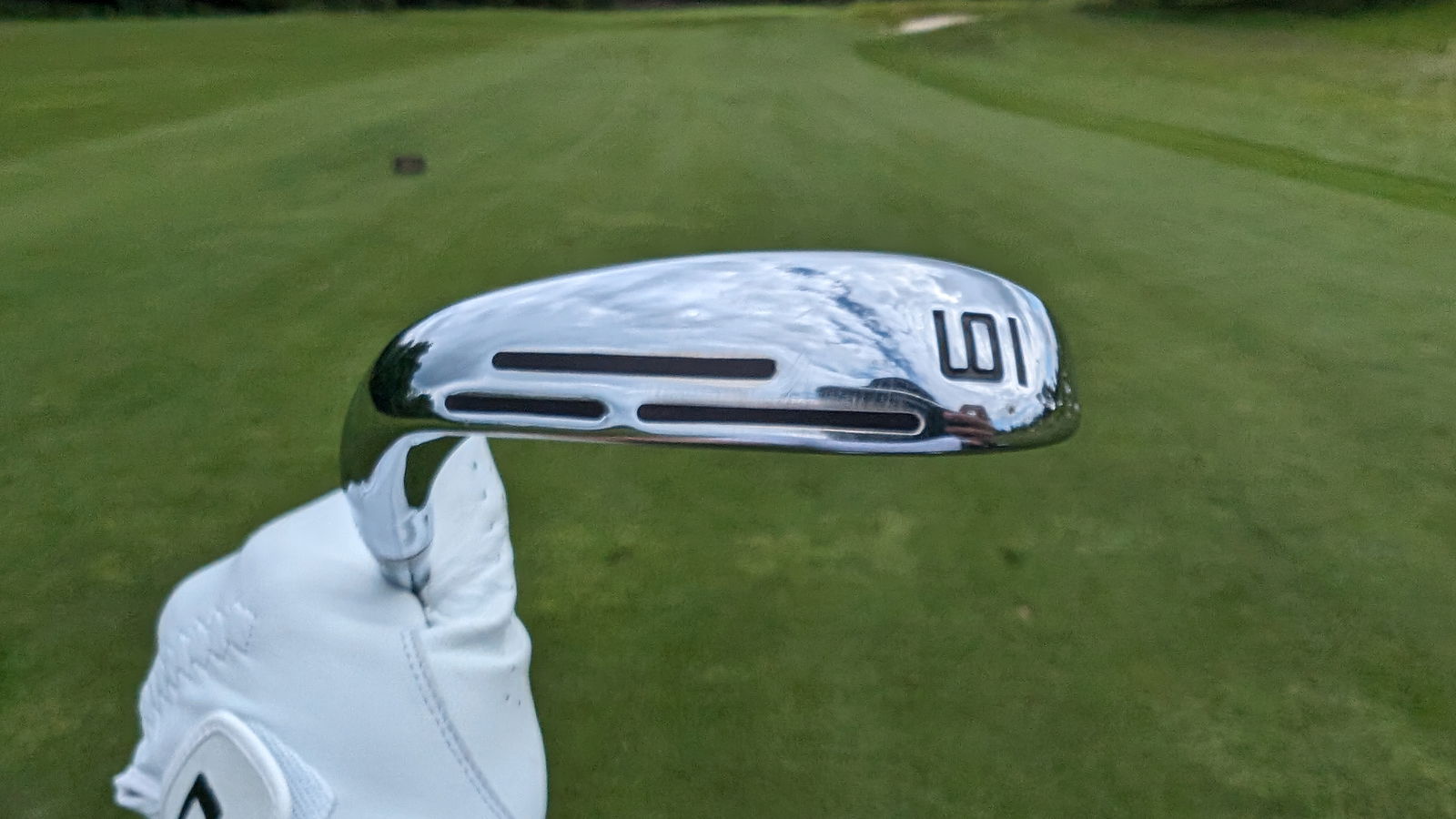
The holes themselves are designed to improve face flexion; however, on a purely aesthetic level, they somewhat detract from the overall look of the set.
In terms of looks, we would give the Dynapower forged a solid eight out of ten.
Now, onto feel, and this is where these irons really excel. As you might have guessed from the name, these irons are fully forged, and that design decision certainly pays dividends as soon as you hit them.
The feel of the face is superb, and it's complemented by an equally as satisfying sound.
The ball really flashes off the face at impact, and you can instantly feel that deep, forged feel from every strike, which we absolutely loved.
The sound is like a whip crack, loud enough to be satisfying but not obnoxious.
You can tell a great deal of time and effort went into fine-tuning the striking sensation on these irons, and it really paid off.
We would go so far as to say they are the best sounding and feeling player's distance irons on the market.
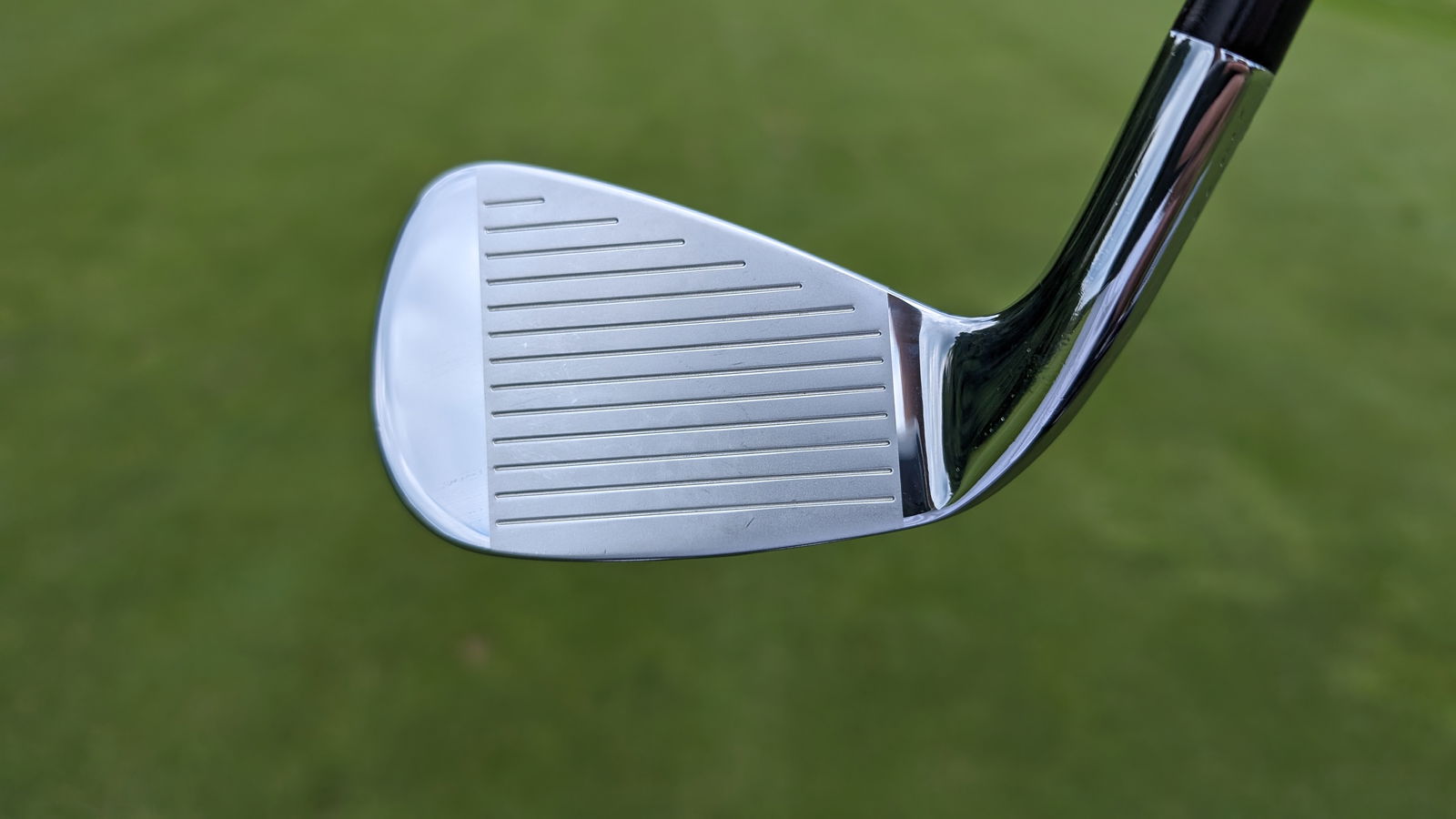
Wilson Dynapower forged Performance and Forgiveness
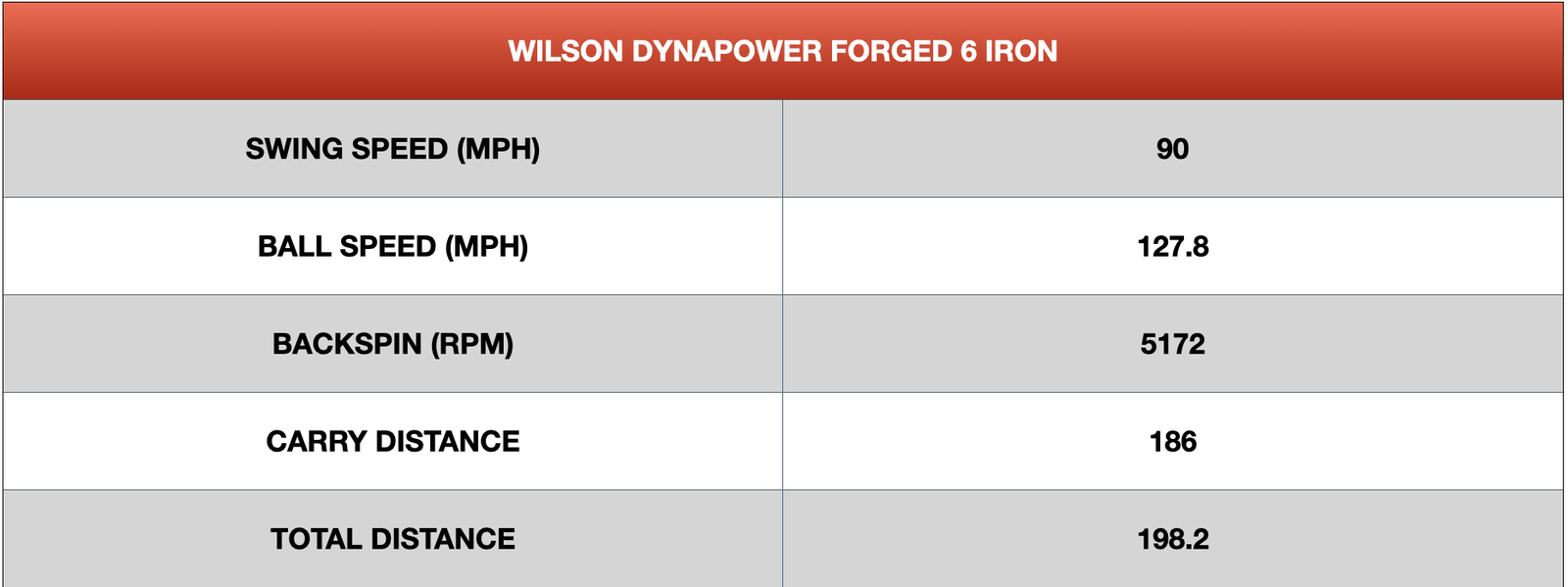
Having hit a number of shots with these irons, we were blown away by the performance on offer.
As you can see from the numbers above, our average carry and total distances were really impressive, and our spin rates remained very steady around the 5k mark, which was perhaps a touch low, but not a million miles away form where we like to see them.
These irons also produce a nice high launch, which especially with the long irons came in very handy when trying to attack long par 3s and challenging approaches on par-4s and 5s.
The stopping distance on offer was also very good, and we found that when playing at Mannings Heath, we were able to get the 6-iron to stop on a dime.
Another noticeable benefit offered by these clubs is just how easy they are to hit. Thanks to the low CG, we found these irons incredibly easy to get airborne, and they also produce a very piercing yet high ball flight, which is ideal for golfers around the 10-15 handicap mark.
Forgiveness is another are in which these clubs excel. We found that heel or toe strikes still managed to hold their line particularly well, and spin rates and carry distances remained pretty consistent, even from shots we would rather forget than have to talk about.
All in all, we were really impressed with the performance these irons offered. The bar is set high in the players distance category by the likes of TaylorMade's P790s and the Titleist T200s, but we would say the Dynaopwer Forged irons are right up there with the best in the business.
We've been saying Wilson irons are underrated for some time, and these irons are possibly the best we've tested from the brand. The engineers at Wilson deserve a big pat on the back for what they've managed to create with Dynapower Forged.
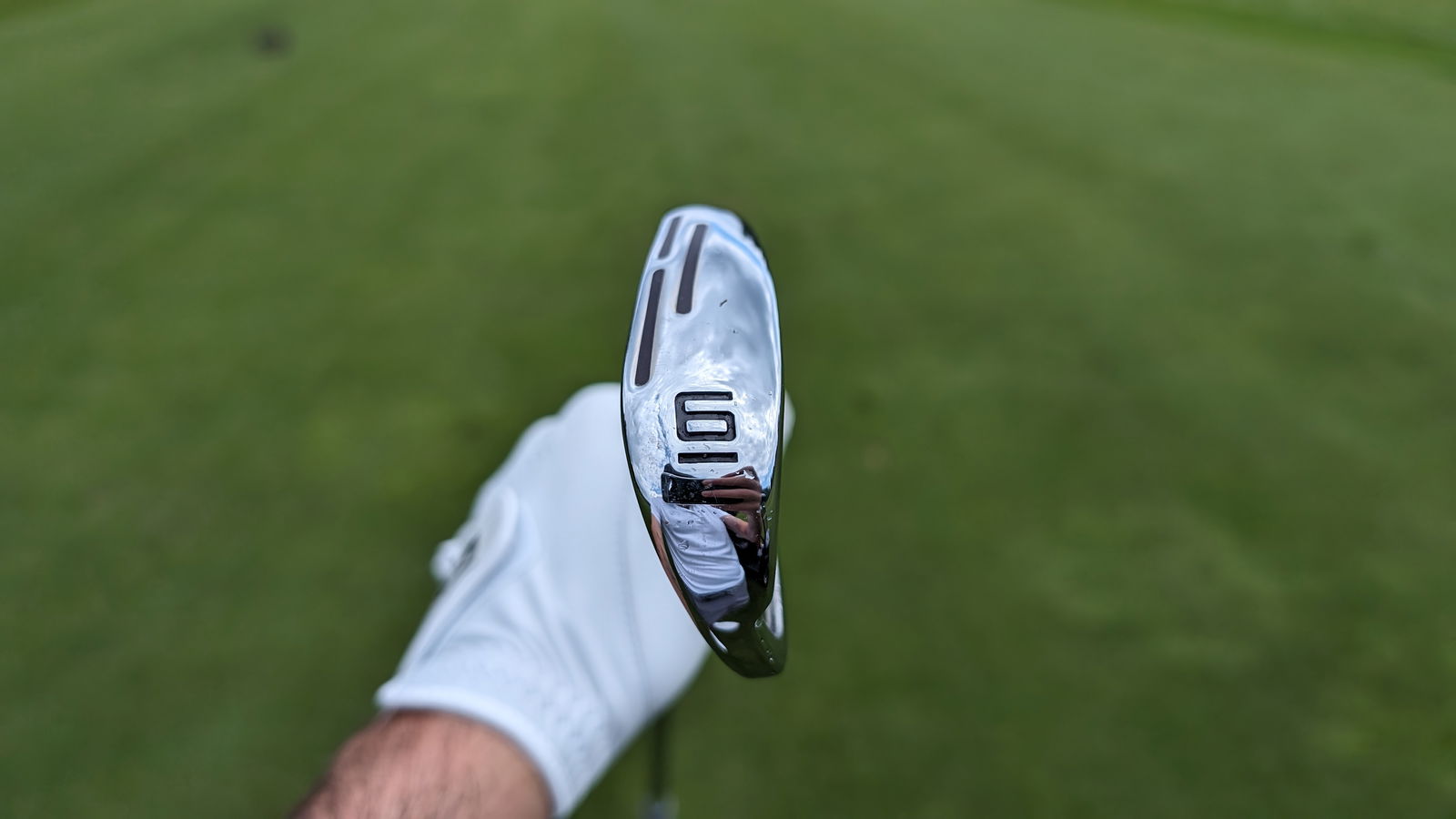
Should you buy a set of Wilson Dynapower Forged Irons?
The short answer to this question is a resounding yes.
These irons look great, feel and sound fantastic, and also deliver five star performance throughout the set.
If you're looking to purchase a set of players distance irons in the future, you should absolutely give these a hit.
A full set of Dysnapower forged irons is also available for £769 which is incredible value in today's market.
